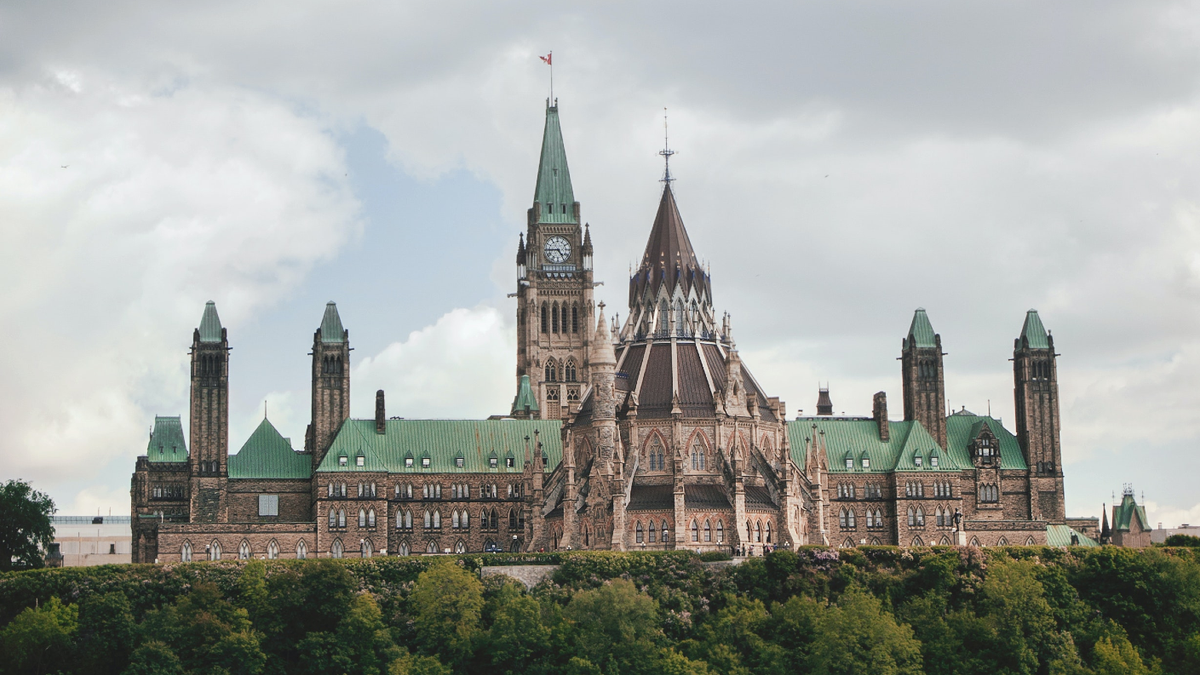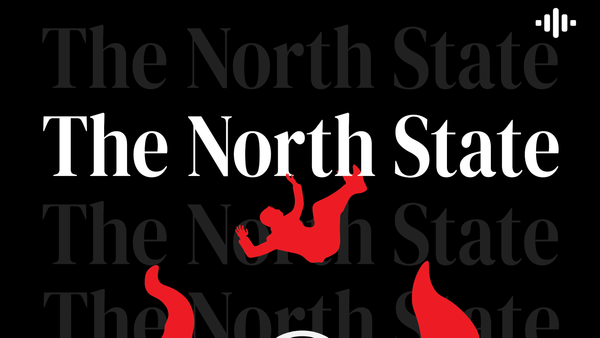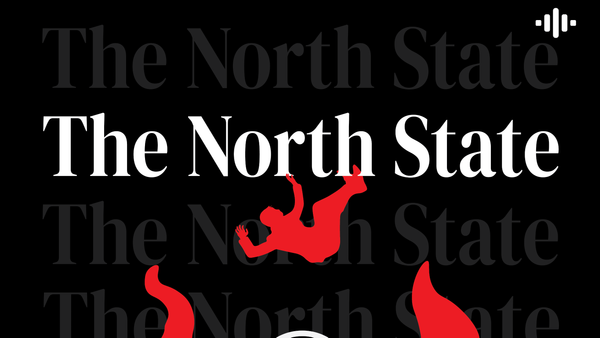The Bill C-18 Story So Far
The whirlwind over Canadian news on online platforms continues

Bill C-18 has likely been dominating your news feeds while it can in recent weeks. The Bill, which you’re probably aware of by now, would require Meta and Google to work with Canadian news organizations and come to a compensation agreement so that Canadian news gets some of the revenue from these billion-dollar companies. Without retreading the entire argument you’ve no doubt heard ad nauseum, the concept of making tech giants pay more is good, the half-assed and circuitous way the federal government went through with it is bad.
The last time I wrote about it, Meta had announced that, rather than cooperating with the law, they would pull news entirely from their services in Canada. I argued more in-depth that the issues with the news system in Canada were much deeper than either Bill C-18, and reminded readers that Meta has facilitated genocide. In short, regarding Meta’s decision to withdraw news, there was much rejoicing.
The situation has further developed since then. Google announced they too would be removing Canadian news links from their Search, News, and Discover services. The Canadian government announced all their advertising on Meta platforms would be suspended. Heritage Minister Pablo Rodriguez, the main driving force behind the bill, said the Canadian government wouldn’t back down, calling the two companies “superpowers.” The BC government has also announced it will cut most of its advertising with Meta over their response to the Bill.
Since then, Meta has been unwilling to talk with the government, but Google has reportedly been “more constructive” in their talks.
Canadians, meanwhile, have been concerned about their lack of access to Canadian news. A survey from the Angus Reid Institute found that 63 per cent of Canadians are concerned about losing their news access from Meta and Google platforms, and 49 per cent believed the government should “back down.” This, perplexingly, comes alongside 61 per cent of Canadians supporting the idea that tech companies should compensate Canadian news.
Media In Canada, an organization that describes itself as “a key resource for media buyers and planners, marketers and media sellers,” penned an open letter on the subject. In the letter, the organization asked advertisers and other stakeholders to pledge 25 per cent of their “total digital advertising investment” to local Canadian media. It’s unclear how this will be implemented or regulated without federal legislation.
Several news media orgs have been affected by the fallout already, most notably by Meta. The Breach has been blocked on Instagram posts and stories, so has The Tyee, and the Toronto Star has also reported people seeing their news less on Facebook. Yours truly recently began a national politics reporter position at rabble and have been unable to view their IG posts or stories since I started.
In terms of advertising suspensions, Quebecor, TorStar, CBC, Bell Media, Cogeco and now Corus have all announced they’ll pause ads on Meta platforms.
As of right now, it seems as though Meta has rejected any chance of cooperating with the Canadian government. But still, the company is facing mounting pressure from different Canadian governmental and corporate organizations. It’s impossible to say whether Meta will cave to these pressures, as the total of the profits generated by these advertisers are most likely acceptable losses to the tech giant.
This doesn’t include that a sizable percentage of the public believes the Canadian government should cave to their demands. All in all, it’s a fine mess the federal government’s created, with no easy way out. It’s impossible to say where this will end. What can only be said with certainty is that Bill C-18 has created a complicated situation, but that’s a trite observation.
I’ll end this piece with a reiteration for a publicly funded news platform that can help Canadians reach news without going through massive capitalist titans. Any move away from their monopoly over the internet is a good one, but simply planning for the obvious next step should be the bare minimum.
Spinoffs:
Closing of Toronto long-COVID rehab program a failure to support patients -rabble
One of the most important stories I’ve done so far in my short-tenure at rabble. Give it a read to see the state of the pandemic measures (or lackthereof) by our governments.






